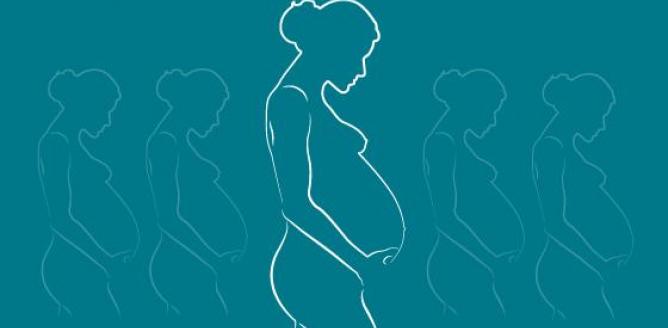“Whose interest does egg freezing serve? The woman’s or that of an ambitious, still pretty unforgiving culture that doesn't really ever see childbearing for female employees as convenient?” – Randi Hutter Epstein, medical author
Social egg freezing has been gaining popularity in recent years as it allows women the option to delay pregnancy and motherhood to later in life. Celebrities, from Chinese actress Li Bingbing to Canadian singer Celine Dion, have revealed they opted for the procedure.
Even workplaces have started to weigh in on this technology. In a bid to attract female talent, tech giants like Uber and Apple offer female employees the option to freeze their eggs. While these employment perks support women’s reproductive choices, they also raise questions around motherhood and career ambitions, and whether egg-freezing benefits inadvertently reinforce the stereotypes that motherhood renders women less capable of doing their job. Will the existence of these types of benefits lead to female employees being expected and pressured to put in punishing hours and delay motherhood until later in their life?
In a Fireside Chat organised by Freshfields Bruckhaus Deringer and TWF last month, Dr Jude Browne, the Jessica and Peter Frankopan Director of the University of Cambridge Centre for Gender Studies, pointed out how egg freezing normalises late motherhood for women, which comes with its own set of potential challenges. On one hand, it gives the option for working women to become mothers later in life. On the other hand, it does little to fix the systemic problem that hobbles women during the key career-building years, which usually coincides with their natural child-bearing years.
In Hong Kong, we lack sufficient childcare services and women often juggle a full-time job with raising a family, and in this way, social egg freezing is not necessarily an empowering option as it keeps female employees in the workplace rather than encouraging them to take up maternity leave should they want to do that. It also eschews family-friendly workplace policies like paternity and parental leave that get working fathers involved by instead encouraging women and their partners to put family life on hold.
Women are still penalised for having children, a phenomenon known as the “motherhood penalty”. Hong Kong in no exception: more than half of employers say they are unwilling to hire women with children. With the gendered nature of housework and care responsibilities, nearly a third of women who leave the workforce cite taking care of family members as the reason.
While we need to support women’s reproductive choices – whether it’s egg freezing or other methods of family planning, it is also equally important to dismantle a plethora of barriers that penalise working mothers.
TWF believes that achieving true gender parity in the workplace requires a set of structural and cultural changes that enable women to flourish and succeed, regardless of their family status. These can include offering flexible work arrangements, providing paid parental leave for male and female employees, ending discrimination based on gender and family status, to name a few.
On this Mother’s Day this Sunday, let’s renew our commitment to push and provide a more inclusive and family-friendly work environment for women, especially mothers. It will be a long-lasting gift that can be appreciated by many generations to come.
Get in touch at Fiona.Nott@twfhk.org.





















